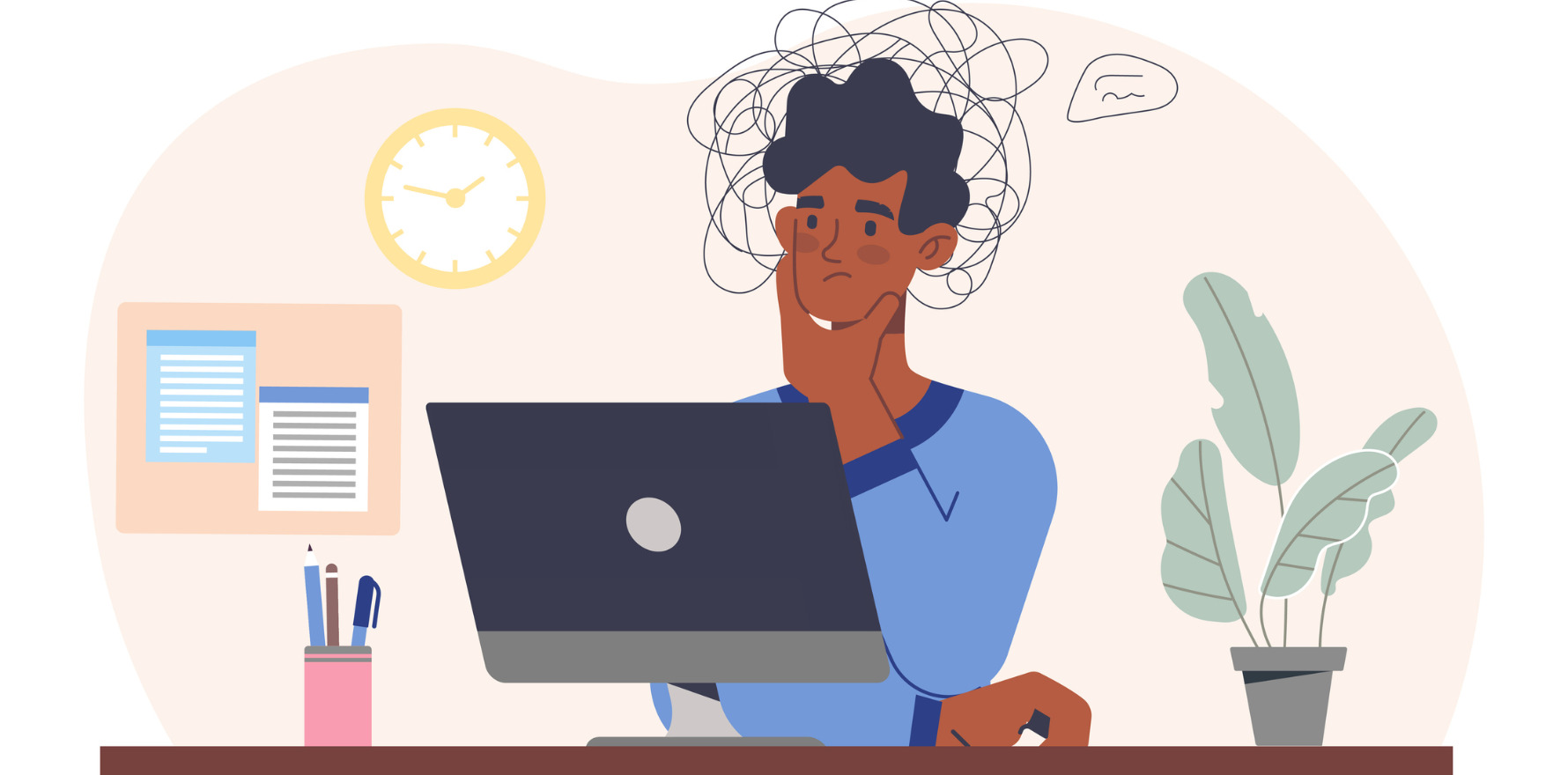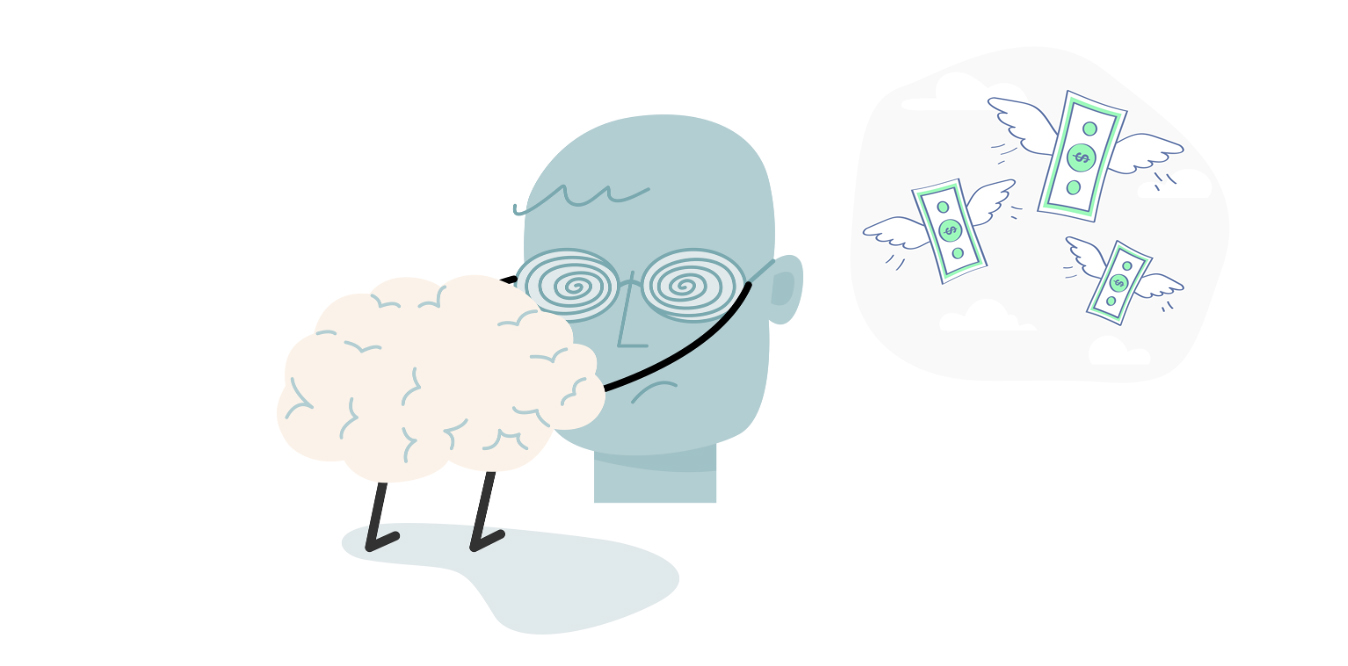We need to stay informed to navigate the complexities of claim management.
The prevalence of mental health issues in Australia has been steadily increasing,
reflecting a growing recognition of the significant impact of psychological well-being on overall health and productivity in both personal and professional spheres.
As medical professionals, we witness firsthand the profound impact that workplace environments can have on individuals’ mental wellbeing. We recognise mental health as a critical component of workplace safety and success.
It is not merely a professional obligation but also a moral imperative. Each case we see represents a narrative of resilience, where the intersection of work duties and personal health becomes a pivotal chapter in someone’s life.
With the increase in prevalence there has been a corresponding rise in mental injury claims.
WorkSafe Victoria was managing these claims in the framework of a scheme that was designed in 1985, principally to support workers with physical injuries. It was clear that it was no longer meeting the needs of the Victorian workforce given the significant rise in mental injury claims that were not anticipated when the scheme was created.
The evolution of Victoria’s WorkCover scheme, with the recent legislation changes, reflects a crucial response to the rising recognition of mental injury claims.
What has changed
The recent changes to WorkCover, which came into effect on 31 March this year, represent a substantial opportunity to better understand mental health diagnosis and provide enhanced patient care in this area.
While these changes have fundamentally altered how we assess WorkCover mental injury eligibility, the updates will better equip GPs and medical professionals with the comprehensive information necessary to effectively support individuals facing mental health challenges.
This approach emphasises empathy and integrates modern practices into our evaluations.
For patients to receive compensation, a mental injury must cause significant behavioural, cognitive, or psychological dysfunction, meaning it interferes substantially with the worker’s regular functioning.
A critical factor is that employment must be clearly identified as the primary contributor to a worker’s mental injury to be eligible for compensation under the WorkCover scheme.
For example, although stress and burnout resulting from usual workplace pressures typically aren’t compensable (other than in the context of traumatic events), mental injuries caused by bullying, harassment, or discrimination are generally covered, as these are not considered normal or expected workplace events.
These changes help us to identify the injuries most in need of support and compensation for time off work and strengthen the link between employment and mental injuries that are compensable.
What it means for you
From a doctor’s perspective these changes provide clearer guidelines around mental injury diagnosis, setting a base standard and closing any grey areas, while heralding a more modern and sustainable approach.
As practitioners, we play a crucial role in offering direct support to patients.
Understanding a patient’s mental health requires a deep and comprehensive knowledge of the array of symptoms they may be experiencing. The recent changes incorporate the gold standard of mental health diagnosis, the Diagnostic and Statistical Manual of Mental Disorders (DSM). While not commonly used in our general practice, its application should enhance the accuracy and integrity of mental health diagnoses. Building a deeper understanding of these guidelines as medical professionals, will foster effective management of mental health patients and aid in claim acceptance. Further, the ability to provide patients with accurate diagnoses and attempt to accelerate their recovery process will aid in improved doctor-patient relations.
Where a diagnosis is not clear we can also assist by facilitating referrals to psychologists. Although psychologists are not authorised to diagnose mental injuries with a Certificate of Capacity under the WorkCover scheme due to the definition of a medical practitioner under the Workplace Injury Rehabilitation and Compensation Amendment (WorkCover Scheme Modernisation) Act 2024, in practice, GPs often collaborate with psychologists skilled in DSM diagnosis.
These psychologists are valuable in aiding the diagnostic process and can further assist patients in their recovery journey. They can provide initial recommendations, which GPs can then review and formalise into a diagnosis for the purpose of a WorkCover claim for compensation.
Related
What it means for your patient
What is most crucial is that immediate support is available.
Patients still have access to receive 13 weeks of provisional payments through the WorkCover scheme. Provisional payments aim to support a positive return to work journey, regardless of the claim outcome. Additionally, Medicare is also available to support the cost of some mental health treatments. These measures are designed to enhance recovery outcomes and ensure ongoing assistance for those affected by mental health issues.
When dealing with a mental injury, it is essential that patients feel supported by their doctor in returning to a sense of normalcy.
The modernised WorkCover scheme emphasises the positive impact of early return to work on mental wellbeing. For those with accepted claims, the new regulations offer additional support through occupational rehabilitation, which strengthens our relationships with patients — a role that I find essential and personally rewarding as a doctor.
Early intervention from employers is also crucial for identifying and addressing work-related psychosocial risks, reducing work-related stress.
By actively communicating with workplaces, we can better support our patients’ recovery and ensure their safe return to work. Bridging communication between workplaces and patients is essential for ongoing support and a supportive environment upon return.
While physical safety has been emphasised, the WorkCover changeshighlight the equal importance of mental safety. This collaborative approach enhances workplace morale and promotes a healthier, more resilient workforce.
Staying updated
It’s important amid the flood of information within the medical space from various sources—like advertisers, drug companies, and health organisations—for practitioners to prioritise updates from the likes of WorkSafe.
Keeping informed through online resources can provide valuable insights and guidance as the changes are now in effect. By doing so, it is important practitioners are well equipped to advocate effectively for our patients’ wellbeing ensuring they can access the support they are entitled to under the recent changes to the WorkCover scheme.
As practitioners, we understand that mental health conditions are often complex, with various factors contributing to a patient’s distress.
As a doctor, I understand that we are at the forefront of this issue and to remain a trusted confidant by patients, we need to stay informed to navigate the complexities of claim management. Staying informed is not just beneficial but essential to effectively advocating for our patients’ wellbeing.
Dr Hugh Seward brings over 40 years of experience as a GP in Geelong to his role as Medical and Recovery Director at WorkSafe Victoria. He strives to assist GPs understand and navigate the WorkSafe system as they support their patient’s recovery.





